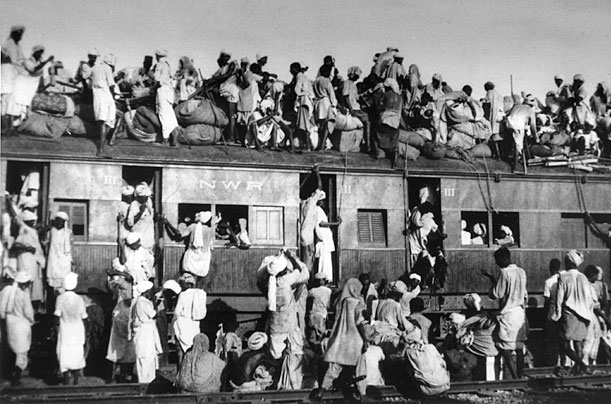This week (13 to 16 September 2017) Oral History NSW hosted the 2017 Oral History Australia conference. Minna Muhlen-Schulte provides a snapshot.
Moving memories: oral history in a global world presented an exciting, challenging and moving survey of the impacts of oral history. The conference also covered new directions shaping the discipline.
Some of the sessions I attended explored the role of oral history in placemaking. Hamish Sewell demonstrated the power of geo-locative audio to revive the identity of a town like Nambour, Queensland. Professor Heather Goodhall’s interviews with former Tranby College students revealed the little recognised contribution of Australians of South Pacific heritage to Aboriginal social justice and land rights movements. Laila Ellmoos showed how the City of Sydney connects communities with its oral history collection both online and onsite, incorporating it into the design public spaces that remember people’s experience of place.
Another topic discussed was the impact of digital media and it obsolescence – how can oral histories be future proofed against the continual shift of platforms and technologies? How do new technologies influence the practice of recording and producing interviews? And how can oral historians train community members to continue recording their histories after a project ends? Professor Alistair Thomson, Sarah Rood, Hamish Sewell and Dr Siobhan McHugh offered a range of academic, professional and practical perspectives.
International key note speakers presented the impact of oral history projects from East Pakistan to Eastern Europe. Dr Indira Chowdhury (Director, Centre for Public History Srishti Institute of Art and, Design and Technology in Bangalore, India) examined how the Partition of India in 1947 saw the displacement and migration of approximately 12 million people and along with them the displacement of memory and history. While the new Indian state celebrated independence, the memories of refugees confined within the new borders were silenced. Oral history interviews with refugees from West Pakistan and successive waves of refugees from East Pakistan reveal how they did not identify with the national Indian story of ‘freedom.’ Their stories presented more complex narratives including positive relationships between Muslim and Hindu families prior to Partition. The geographic expanse of India and dispersal of millions also meant people were not reunited as sometimes occurs in other diasporic communities. Recent oral history interviews have stitched together their experiences and played a role in forming new shared ‘communities of memory.’
The provocation of silence into testimony with far reaching political consequences was further explored by Professor Dalia Leinarte (Vytautas Magnus University and as Chair of the United Nations Committee for the Convention on the Elimination of All Forms of Discrimination against Women). Professor Leinarte discussed the reasons behind silence and amnesia in the biographical accounts of those who lived through the Communist and ethnic conflicts of Eastern Europe. She has extensively researched the rape of tens of thousands of women during the Bosnian War which left them traumatized, stigmatized and without a voice. Dalia’s work to collect their testimony as well as that of women trafficked in Lithuania has helped changed public perceptions of these atrocities and establish recognition of women’s rights in these regions.
This presents just a small snapshot of the wide ranging and fascinating sessions on offer at the conference, and the powerful ways oral history can help reimagine our lives and instigate change.
Image: Partition of Punjab, India 1947 (Wikicommons)
